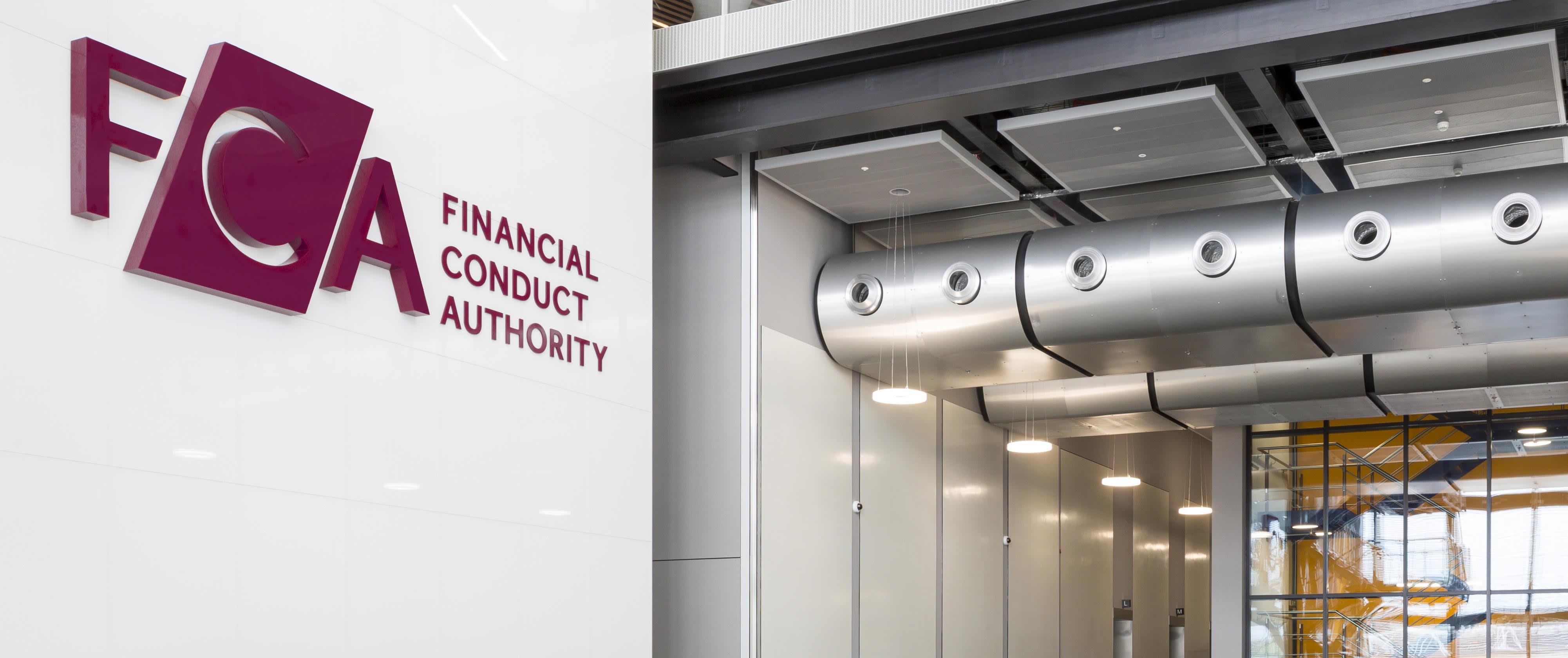When it comes to the fear of dying, no group is preyed upon more than the poor and vulnerable. There remains a great fear among the less well-off that they will not leave enough money for a proper funeral.
Workhouses may have died in the middle of the last century but paupers' funerals remain part of the modern world. I well recall the two insurance men – one from London and Manchester, the other from Pearl - who used to call regularly to collect premiums from my mum and dad when I was very young.
They would sit down and make themselves comfortable for a chat and a cup of tea with rich tea biscuits.
My parents not only took out insurance against their own lives, but also against each of ours so they would be able to afford a decent funeral if the worst should happen.
No one questioned how these men could afford to devote so much time to collecting such modest sums from working class households in their small terraced properties.
SunLife put the average cost of a funeral at £4,078 in its Cost of Dying report last year – enough to worry someone with only a few hundred pounds savings.
Did you know there was a Funeral Planning Authority? Me neither. But its figures show that 207,700 funeral plans were sold in the UK last year.
There are currently 1.3m undrawn funeral plans in the UK (presumably meaning those who have bought one but stubbornly refuse to cash in).
Apparently 70 per cent of the Dutch have one – but if most of your country was below sea level would you not plan ahead?
The UK is clearly a market with massive potential and this creates the perfect conditions for middle men to cream off hundreds of pounds or for scammers to target the unwary.
So, the intervention of HM Treasury to take a closer look at how funeral plans are sold is welcome. It is sometimes claimed that funeral plans offer advantages because money in the estate cannot be accessed until probate is resolved.
But banks will usually pay funeral directors directly when a death certificate and bill are produced regardless of probate. Funeral bills also take priority over other loans with the exception of secured loans such as mortgages.
My stepsons will have more than enough money to deal with my leftovers. If they are looking for an insurance policy or a ready-made funeral they should brace themselves for disappointment.
Banks escape clampdown on charges
Back in 2010, my colleague at Money Mail, Rosanna Spero, came to me with figures showing the comparative costs of payday loans and bank unauthorised overdraft charges.
While payday loans were justifiably under scrutiny, banks were getting away with usurious charging. In the worst case, fees and interest were equivalent to 3,000 per cent a year for dipping £100 into the red for 10 days. Remember this was a high street bank, not the Soprano’s waste management business.







